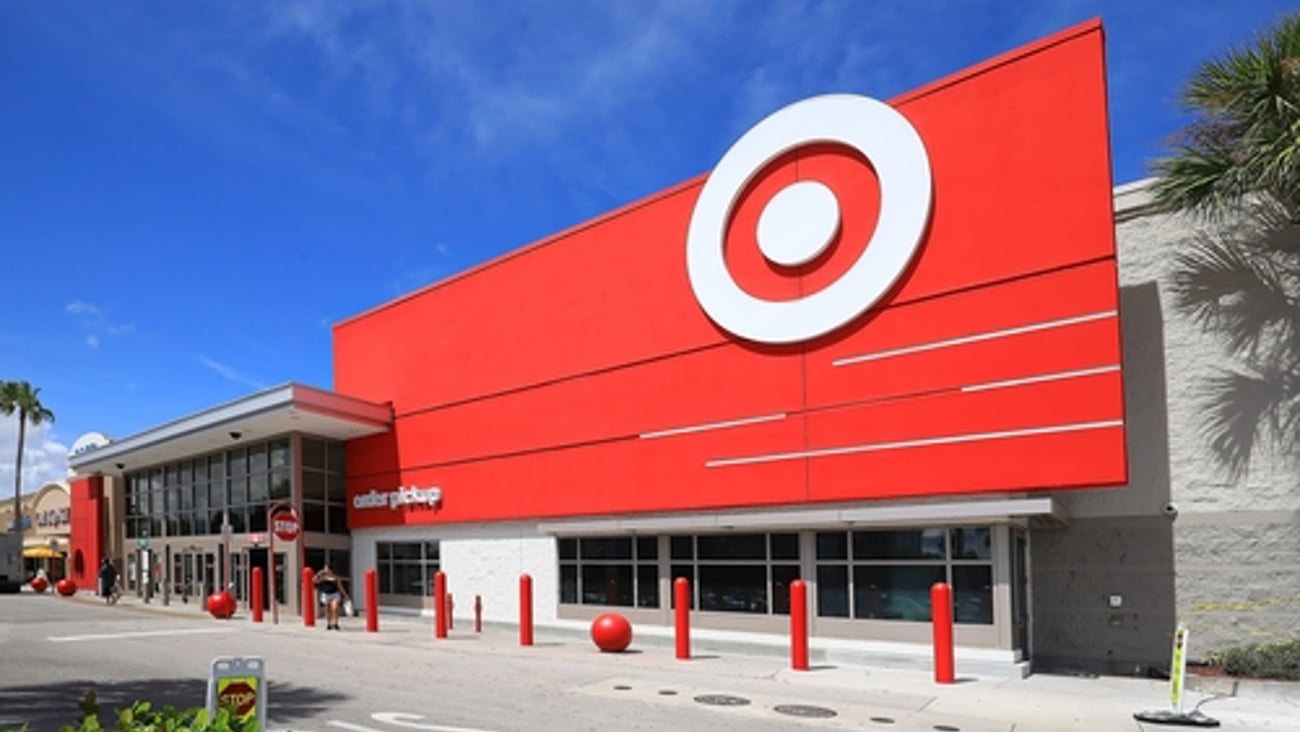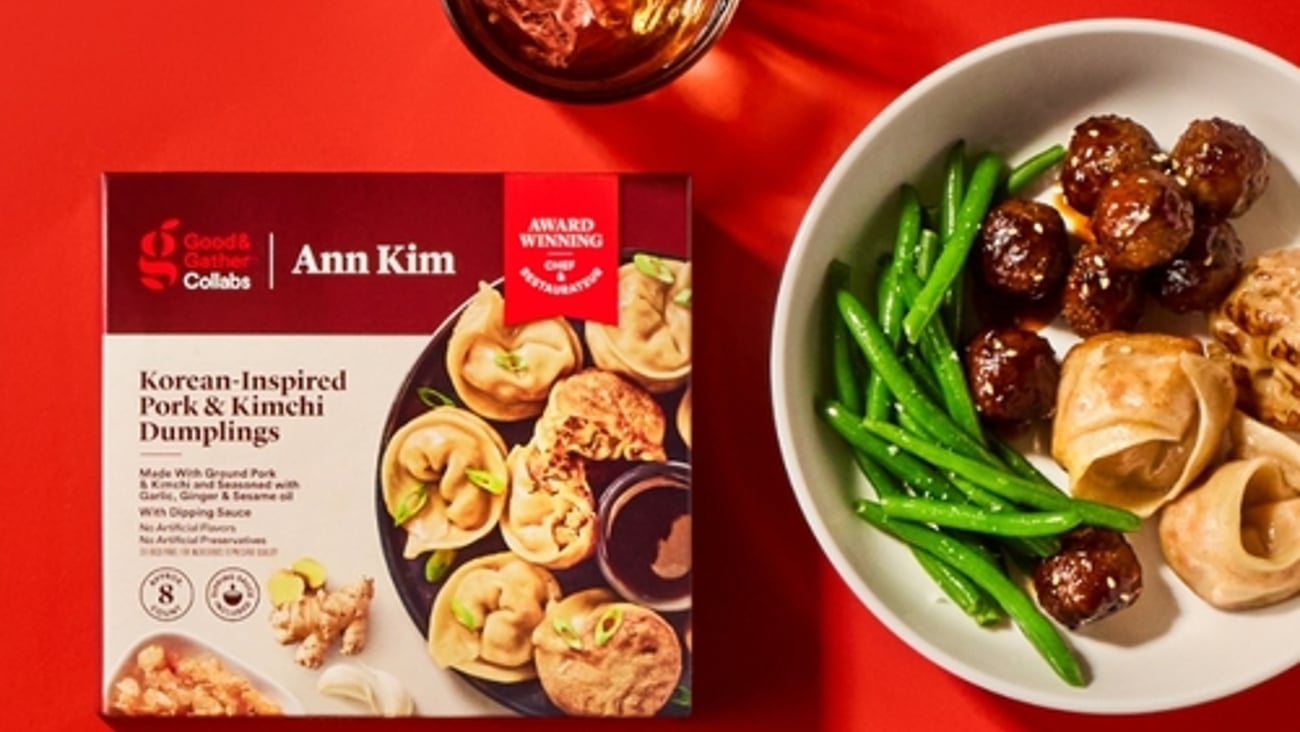Saluting retailers that give — every day
The holidays are upon us. While it’s a time of feasting and festivity, I’d like to think the holidays also bring out the best in people. For one, it’s a time to think of the less fortunate.
So I am utterly impressed with the many retailers in the industry that give to and help the less fortunate throughout the year, not just during the holidays. Three retailers immediately come to mind — Hy-Vee, Wegmans Food Markets and The Kroger Co. — but there are many more.
These retailers have made a concerted effort to provide food to those who not only can’t afford a big turkey for Thanksgiving but also don’t have the money to make dinner on a hot summer evening.
“Look at how many people need governmental assistance and how many people need the food pantry,” John Griesenbrock, Hy-Vee’s vice president of produce/health markets, told me recently. “It doesn’t make sense.”
West Des Moines, Iowa-based Hy-Vee is doing several things to help reduce hunger and is engaging its customers in the process. Consider Hy-Vee’s One Step line of private-branded products. The proceeds from sales of the retailer’s One Step russet potatoes, One Step shredded wheat, One Step paper towels and One Step bottled water go to various causes, including planting community gardens, preparing nutritious meals for food banks, and digging wells in impoverished villages around the world so people can have clean, safe drinking water.
Talk about store brands making an impact.
Wegmans and Kroger have also committed to giving. Rochester, N.Y.-based Wegmans sends day-old bread, not-quite-perfect produce, yogurt that is close to expiration date and other products to more than 300 food banks, pantries and soup kitchens daily.
“Our stores are empowered to help with programs that feed the hungry, help young people succeed and promote healthy eating and activity,” said Jack DePeters, Wegmans’ senior vice president of store operations.
Cincinnati-based Kroger recently unveiled an ambitious program, Zero Hunger, aimed at ending hunger in the communities it calls home. Kroger aims to accelerate food donations to provide three billion meals by 2025 to feed the hungry.
“More than 40 percent of the food produced in the U.S. each year goes unconsumed, while one in eight people struggle with hunger,” Kroger CEO Rodney McMullen said. “As one of the largest retailers in the world, we are committed to doing something about it. This is our moonshot.”
Who wouldn’t want to support Hy-Vee, Wegmans and Kroger and other retailers when they initiate and dedicate their businesses to programs like this? Their altruism is a reflection of their values. And, yes, their good deeds help their respective images — as in their intangible store brands.
But what they do to help the less fortunate is not about public relations.
“It’s about doing the right thing,” Griesenbrock says.
Every day.





